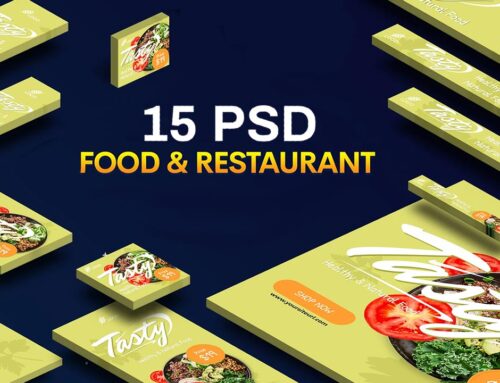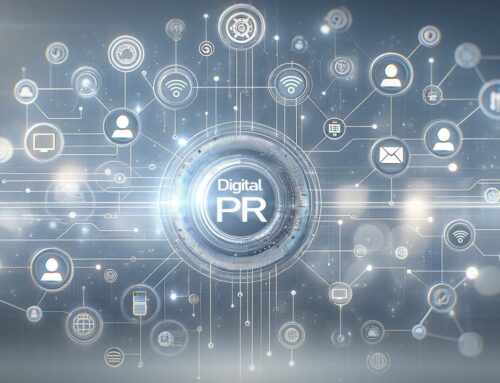AI-powered content generation has come a long way in recent years, with numerous applications across various industries. From automating mundane tasks to creating highly engaging and personalized content, AI has become an invaluable tool for content creators. In this article, we will examine 7 best applications for AI content generation and how they are revolutionizing the way we create and consume content.
1. Blogging and Article Writing
AI-powered tools have become increasingly popular in the world of blogging and article writing. They assist content creators in various ways:
1.1. Content Idea Generation
- AI algorithms analyze trending topics and user preferences to generate relevant content ideas.
- Tools like Kuki AI and Hubspot’s Blog Topic Generator help create content ideas that resonate with the target audience.
1.2. Content Optimization
- AI-powered tools analyze existing content and suggest improvements to increase readability and SEO.
- Tools like Clearscope and Frase offer content optimization features based on user search intent and keyword analysis.
1.3. Content Generation
- AI language models, like OpenAI’s GPT-4, generate human-like text that can be used for blog posts, articles, and other forms of written content.
2. Social Media Management
AI content generation is reshaping social media management in the following ways:
2.1. Social Media Content Creation
- AI tools generate social media posts, including captions, hashtags, and CTAs (Call-to-Actions).
- Tools like Lately and Post Intelligence use AI to create data-driven social media content.
2.2. Content Curation
- AI algorithms curate and recommend relevant content from various sources to share on social media platforms.
- Content curation tools like Quuu and Curata help create a consistent and engaging social media presence.
3. Email Marketing
AI content generation can enhance email marketing campaigns by:
3.1. Personalizing Email Content
- AI algorithms analyze recipient data to create personalized email content, increasing open and click-through rates.
- Tools like Persado and Phrasee generate personalized email subject lines, body copy, and CTAs.
3.2. Automating Email Campaigns
- AI-powered tools create and send emails based on user behavior, ensuring timely and relevant communication.
- Platforms like Moosend and Mailchimp offer AI-powered automation features for email marketing.
4. Advertising and Copywriting
AI content generation has a significant impact on advertising and copywriting:
4.1. Ad Copy Generation
- AI tools generate persuasive ad copy that captures attention and drives conversions.
- Tools like Anyword and AdZis create compelling ad copy based on data analysis and natural language processing.
4.2. Ad Performance Optimization
- AI algorithms analyze ad performance data and suggest improvements to ad copy, targeting, and bidding strategies.
- Platforms like Pattern89 and Revealbot use AI to optimize ad performance on various platforms.
5.Video and Multimedia Content Creation
AI content generation is transforming video and multimedia content creation in several ways:
5.1. AI-Powered Video Editing
- AI tools analyze video content, identify key moments, and automatically create engaging video highlights or summaries.
- Platforms like Magisto and Adobe Premiere Pro incorporate AI-powered features for video editing and optimization.
5.2. Automatic Video Generation
- AI algorithms create videos by combining text, images, and music based on predefined templates or user inputs.
- Tools like Lumen5 and InVideo enable users to create video content without extensive editing skills.
5.3. Text-to-Speech and Voiceovers
- AI-powered text-to-speech engines convert written content into realistic and engaging voiceovers for multimedia content.
- Services like Amazon Polly and Google Cloud Text-to-Speech offer lifelike speech synthesis for content creators.
6. E-commerce and Product Descriptions
AI content generation is enhancing e-commerce and product description writing:
6.1. Product Description Generation
- AI tools generate unique, engaging, and SEO-optimized product descriptions for e-commerce websites.
- Platforms like AdZis and Ginnie automate the process of writing product descriptions.
6.2. Personalized Product Recommendations
- AI algorithms analyze customer behavior and preferences to provide personalized product recommendations.
- Tools like WooCommerce and Shopify offer AI-powered product recommendation features for e-commerce platforms.
7. News and Journalism
AI content generation is shaping the future of news and journalism:
7.1. Automated News Writing
- AI algorithms generate news articles based on structured data, such as financial reports or sports scores.
- Tools like Automated Insights and AX Semantics enable news organizations to create data-driven articles quickly and efficiently.
7.2. Content Curation and Summarization
- AI-powered tools curate and summarize news content from various sources, providing readers with concise and relevant information.
- Platforms like News360 and Cronycle use AI to aggregate and summarize news content based on user preferences.
AI content generation is revolutionizing multiple industries by automating tasks, personalizing content, and providing data-driven insights. As AI technology continues to improve, its applications in content generation are likely to expand further, opening new possibilities for content creators and consumers alike.








